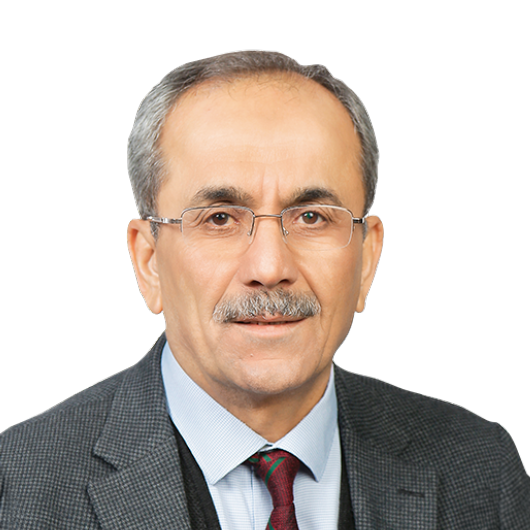Quinn Slobodian, a Canadian author and historian of modern Germany and international history, emphasizes the significance of constitutional courts in terms of the liberal order. Slobodian presenting constitutional courts and organizations that have global influence, such as the World Trade Organization (WTO), as the fundamental bases of the liberal order is quite significant. When we discuss the subject both in historical context and in association with the current developments in Turkey, matters that were previously overlooked automatically come to light. The author analyzes constitutional courts and institutional structures such as the WTO in contrast with globalists and national states. Even though some institutions in the field of law and economy are being used as tools that discipline nations is not a new idea, it is still surprising. Lawmakers, on the other hand, need to develop a stance against these new circumstances.
The concepts used in the context of globalization are not clear enough. The new concepts used in the context of globalization started to shape our world since the 1990s. Yet, only until recently globalization was used in the context of the U.S. It used to be considered a useful concept in terms of understanding the U.S.-based cultural hegemony; however, when a new term like globalization pointed to an even more complex structure, the ambiguity started to draw attention. Is it possible to keep globalization’s inclusion of the political domain limited to supranational institutions? Terrorist organizations and nongovernmental organizations’ dependence relations have shown that globalization is not limited to one area. Impartial consideration shows that certain liberal concepts correspond to a gentle attitude. When we clarify concepts, it is possible to see the major change that is not limited to Turkey alone.
The times when globalization was an instrument in terms of the U.S. and West European countries’ hegemonies is becoming a thing of the past. In fact, the complexity of the process began when this hegemony started to shatter. Even the U.S. developing an anti-globalization discourse points to the complexity of the situation. Though the World Health Organization (WHO) is neither a political nor a legal or commercial institution, it set itself right at the center of globalization. It taught the whole world the names of the individuals and companies known as globalists during the pandemic era. A very strong opinion formed with respect to these individuals and companies posing a threat to national states. It is said that they threaten nations with viruses. The immediate threat posed to Turkey’s national existence on July 15, 2016 with the coup attempt shows that the matter directly concerns us.
Is it possible to talk about a new empire? Since national states are also complaining, we should be discussing a new empire: a new landless empire! Phoenicians were famous for the colonies they established. The cities they built on shores enabled them to influence a vast area. Considering this in terms of colonial periods, we can think of these colony cities as a model. The British Empire was also built on colonies. As a matter of fact, the British have even said that the globalization order they developed by means of concealing events such as slave trade and the elimination of local cultures has been a “blessing” to the whole world. Meanwhile, American imperialism, unlike colony cities, took shape through global-scale institutions. The international system was built on the global institutions developed by the Americans. However, it seems now that even the U.S. itself is disturbed by this. Similar to Turkey, institutions are taken over from within and these “invisible hands” organize the market. What we are referring to here as the landless new empire is the invisible hand itself.
Though it was not a moment too soon, Turkey stands out, especially with the fight it launched against the instruments of the landless empire. When compared to other countries, this new era, which literally started in 2011, allows Turkey the opportunity to follow a more independent policy. Moreover, the success achieved during the coronavirus pandemic should also be seen as the result of the independence process. The efforts to trivialize the independence process in every field through the intervention elements within the country, are the reflections of the global conflict. The certain questionable practices of institutions such as constitutional courts can be discussed within this context.
To put it clearly, we must not use our own institutions as weapons against ourselves. When empires collapsed in the last century, there was no organization left to restrict the freedom of capital. In the present situation, however, capital also wants to be free from national states.




















